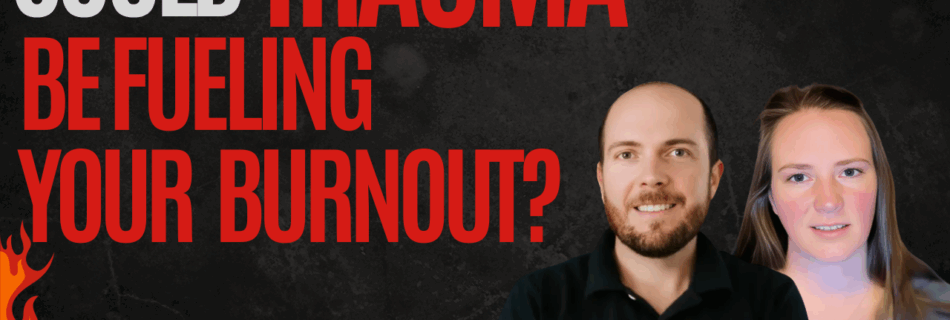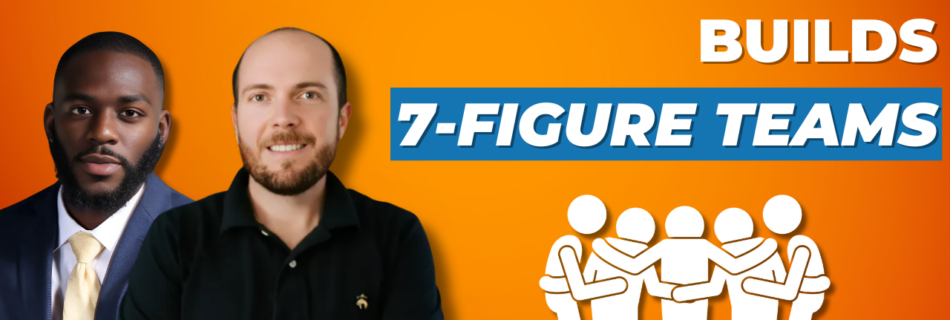Is Unhealed Trauma Blocking Your Business Growth? Here’s What Every Entrepreneur Should Know
In this episode of the Scale Smart, Grow Fast Podcast, host Harley Green is joined by trauma recovery coach and business mentor Amy Lloyd, who breaks down a topic not often discussed in the boardroom—but crucial for sustainable success: the link between unresolved trauma and business performance.
Whether you’re leading a team or running solo, how you show up every day is influenced by what you’ve experienced—and what you haven’t addressed.
🎧 Want to hear the full conversation? Listen on Spotify and Apple Podcasts.
Here’s what stood out from the conversation and why it matters to growth-minded entrepreneurs:
1. Trauma Doesn’t Always Look Like Trauma
Amy shared her personal journey of realizing that trauma doesn’t always mean extreme, visible harm. Subtle messages from childhood, like “successful people are greedy” or “asking for help is weakness,” can quietly drive how you show up in leadership, marketing, and decision-making.
2. Self-Sabotage Wears Many Hats
Undercharging, overworking, procrastinating, or struggling with visibility? These aren’t just strategy issues—they’re signs of deeper emotional patterns. Amy explained how imposter syndrome and burnout are often rooted in these hidden beliefs.
3. Boundaries Are a Business Growth Strategy
Entrepreneurs often stretch themselves thin believing it’s “just part of the job.” But without healthy boundaries, burnout is inevitable. Amy emphasizes that learning to say no, delegate, and protect your energy isn’t selfish—it’s what allows you to scale sustainably.
4. Delegation Is Emotional Work, Too
Hiring help—especially for the first time—can be deeply emotional. Amy highlights how resistance to delegation often stems from past programming around control, trust, or worth. But letting go of the small things is often the first big leap toward working on the business, not just in it.
5. Practical Tools Help Rewire Mindsets
From using gratitude as a daily nervous system reset, to batching tasks and setting up automation, Amy shared tangible ways entrepreneurs can reduce overwhelm and reclaim their energy. Her advice: Stop reinventing the wheel. Use templates. Repurpose content. Build systems that support ease.
Bottom line: If you’re feeling stuck, overwhelmed, or questioning your next move—it may not be about the strategy. It might be time to take a deeper look within.
As Amy says, “You didn’t build your business to work 80 hours a week. You built it for freedom. So build it that way.”
Ready to stop doing everything yourself and finally scale with support? Schedule a discovery call to meet your Ultimate Executive Assistant.
Like what you read? Get weekly insights on scaling, efficiency, and profitability—straight to your inbox. Click here to subscribe.

